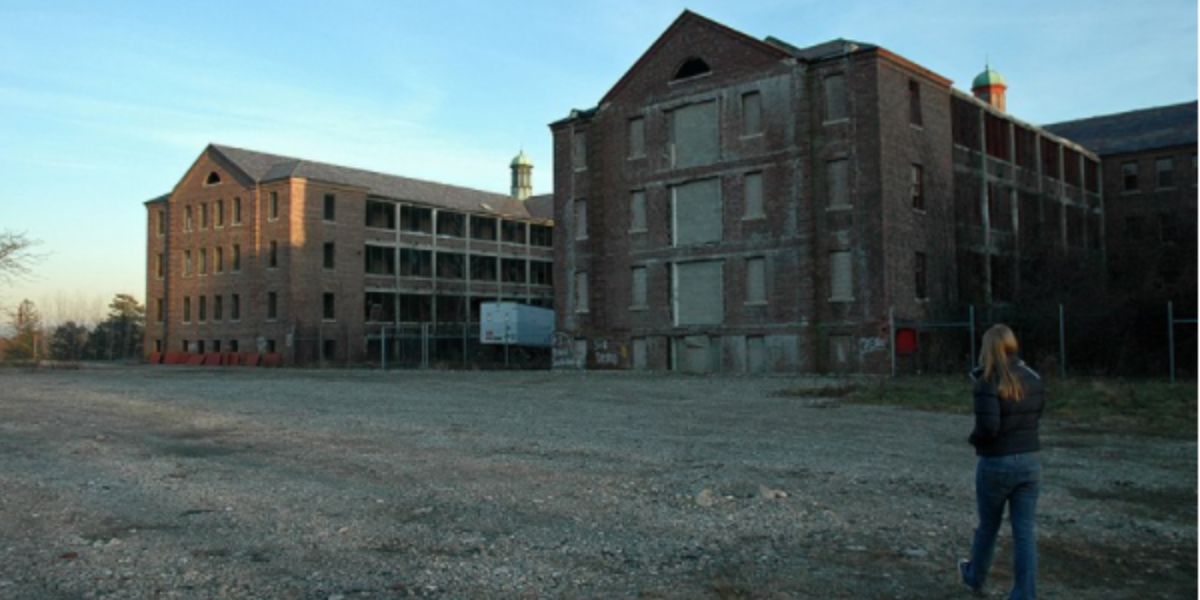In November, California voters decided not to pass Proposition 6, the “End Slavery in California Act.” This proposal would have ended forced labor in state prisons. It would also have stopped the California Department of Corrections from punishing inmates for refusing forced work assignments. As someone who has been incarcerated for over 30 years, I had hoped that voters would show compassion and support the end of forced labor in prisons. Sadly, I was wrong.
Living in Prison: Forced Labor and Dehumanization
Those of us inside the prison system understand that we can’t expect much. Prison jobs typically pay very little — often only pennies an hour. But forced labor adds a layer of cruelty to an already painful experience. Being locked up is hard enough, but being forced to work without fair compensation only makes it worse.
While I accept that I must serve my time and pay for my past mistakes, being forced to work in prison under threat of punishment is a different story. As a paraplegic inmate, I have been assigned to tasks that are dangerous and nearly impossible for me to do. For example, I have handed out checkers and Uno cards in the recreation areas, where I am exposed to high-risk prisoners and violence. I have also been assigned to clean the prison in a wheelchair, which is physically demanding and degrading.
Before my disability, I worked administrative jobs that paid a little better — around $36 a month. These jobs were more manageable, but still underpaid for the amount of work involved. Despite this, I found a way to work on something that brought me purpose and a little income. I started a newsletter in my cell and eventually helped create a prison newspaper, the Mule Creek Post. This paper is sanctioned by the prison and allows a few of us to earn around $28 a month.
Through organizations like the Pollen Initiative, I was able to start writing for social justice publications, reporting on issues affecting the over 1 million people incarcerated in the U.S. I also contribute to Vanguard Incarcerated Press, a publication focused on abolishing prisons. Despite the restrictions on free speech in prison, writing about social justice has given me a sense of freedom and a chance to speak out.
Election Night: A Blow to Hope
As Election Night approached, there was a feeling of anticipation in the air at Mule Creek State Prison. Many of us believed that Proposition 6 would pass, helping us move towards a future where fairness, equality, and humanity were at the forefront. But as the night went on, it became clear that this would not happen.
The election results showed that not only were Americans not ready for a woman president, but they were also not ready to end slavery in California’s prisons. The rejection of Prop 6 shows that many people are still comfortable with the idea of forced labor inside prisons.
While the failure of Proposition 6 might not have seemed like a major change for those on the outside, it was a significant loss for those of us inside. If it had passed, the California Department of Corrections would have been forced to rethink its approach to prison labor. More importantly, it would have been a step toward recognizing the humanity of incarcerated people.
A Dark Future for Inmates
The defeat of Proposition 6 feels like a heavy blow to the hope that a better, more humane future is possible for people like me. It shows that, for now, the prison system will continue to exploit and dehumanize those within its walls. For those of us who are incarcerated, this defeat is not just a political loss — it’s a loss of hope.
In conclusion, the failure of Prop 6 is a reminder that, despite the progress we hope for, change is slow and often painful. But we will continue to fight for justice, for our rights, and for a future where all people — inside or outside of prison — are treated with dignity.
(Source : newsbreak.com)



